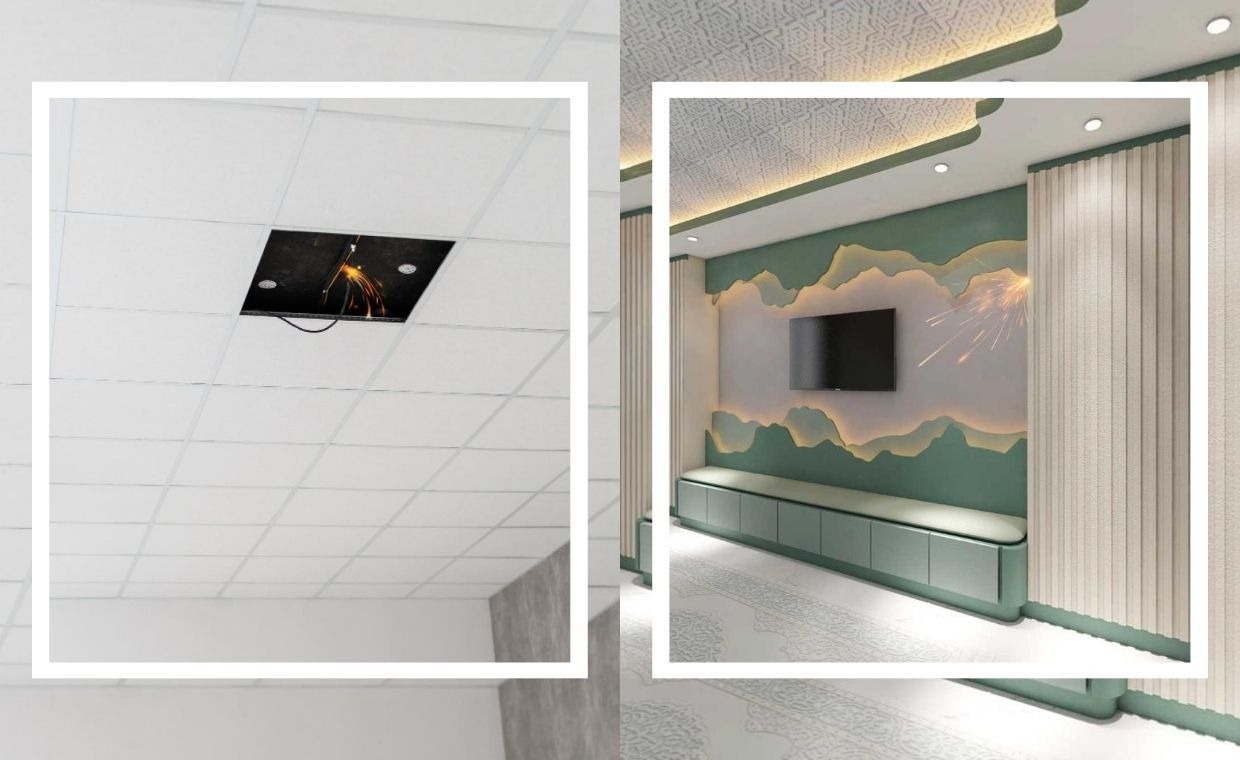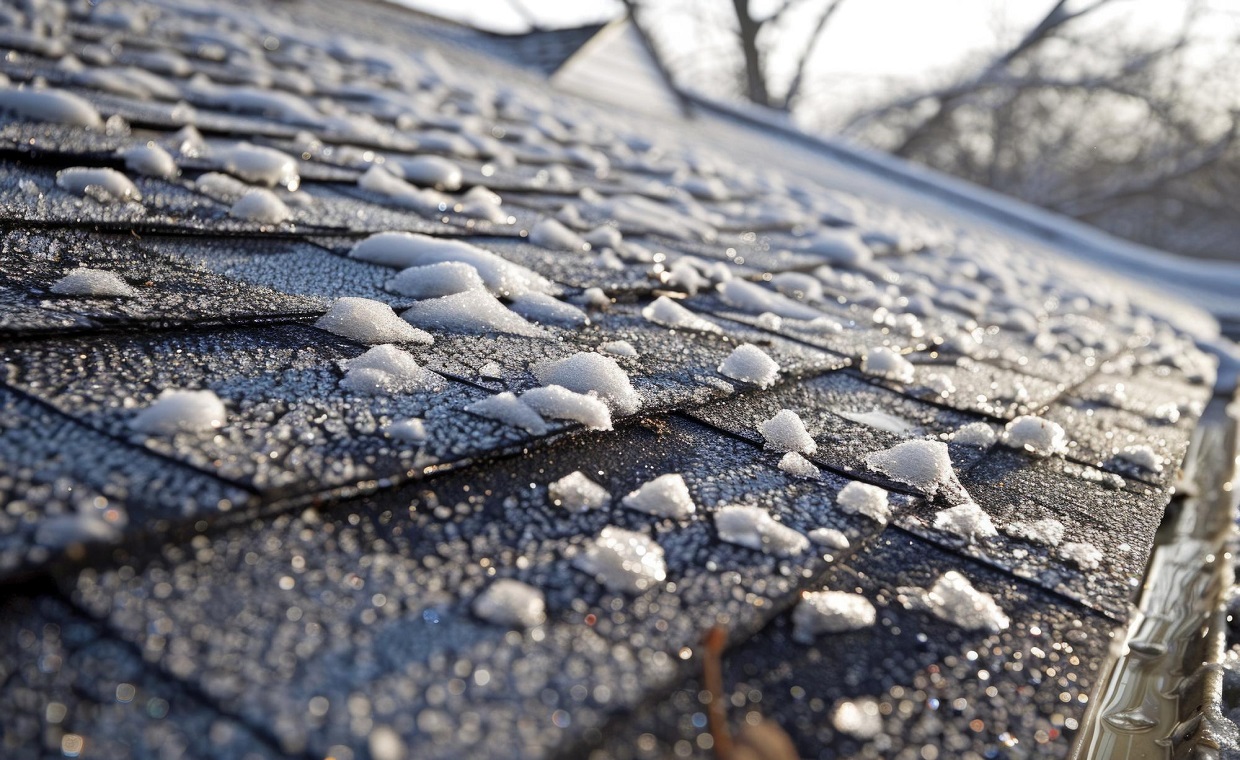
Table of Contents
Quick Summary
- Learn how to enhance home energy efficiency without compromising comfort.
- Understand the importance of proper insulation and sealing drafts.
- Discover the benefits of using smart thermostats and home automation.
- Maintain HVAC systems regularly to reduce energy waste.
- Explore cost-effective alternatives like ceiling fans and geothermal systems.
- Choose energy-efficient appliances for long-term savings.
- Adopt simple, energy-conscious lifestyle habits for daily efficiency.
- Combine technology, maintenance, and mindful living for a comfortable, sustainable home.
It frequently requires a lot of energy to create a comfortable living atmosphere. Many homeowners look for ways to reduce their energy use while also increasing their level of comfort. Making informed choices and implementing practical strategies can lead to significant savings without sacrificing comfort. There are several methods to improve comfort and save money, whether it’s by installing energy-efficient heating and cooling systems or making small lifestyle changes. This tutorial explores practical ways to monitor your energy costs while maintaining a comfortable home.
Understand Your Home’s Insulation
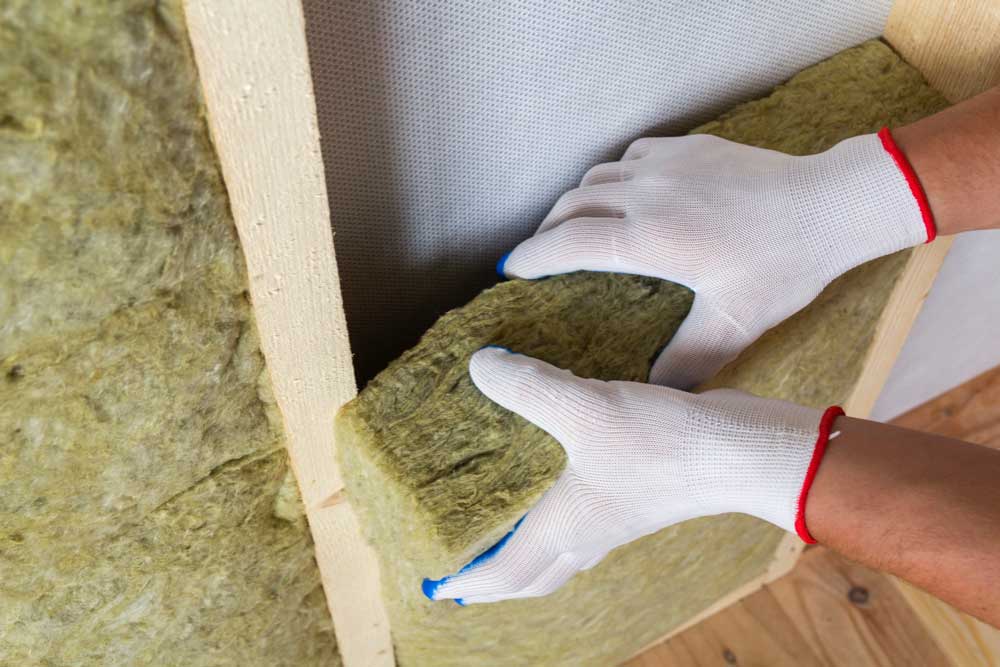
Proper insulation plays a crucial role in maintaining a comfortable temperature in your home. Insulation slows down the transfer of heat, keeping it inside during winter and outside during summer. To maximize energy efficiency, inspect your home for any drafts around windows, doors, and attics. Add insulation to walls and ceilings if necessary. Studies show that proper insulation can reduce your energy bills by up to 20%.
Since your attic can be a significant source of heat loss, take the time to make sure it is properly insulated. Consider using energy-efficient windows that can help regulate temperatures better. These windows reduce drafts and minimize heat gain from the sun. Seal any gaps and cracks with caulk or weather stripping, which can be inexpensive yet effective. Many homeowners often overlook the importance of insulation, but making these small adjustments can offer substantial cost savings.
Invest in Smart Thermostats
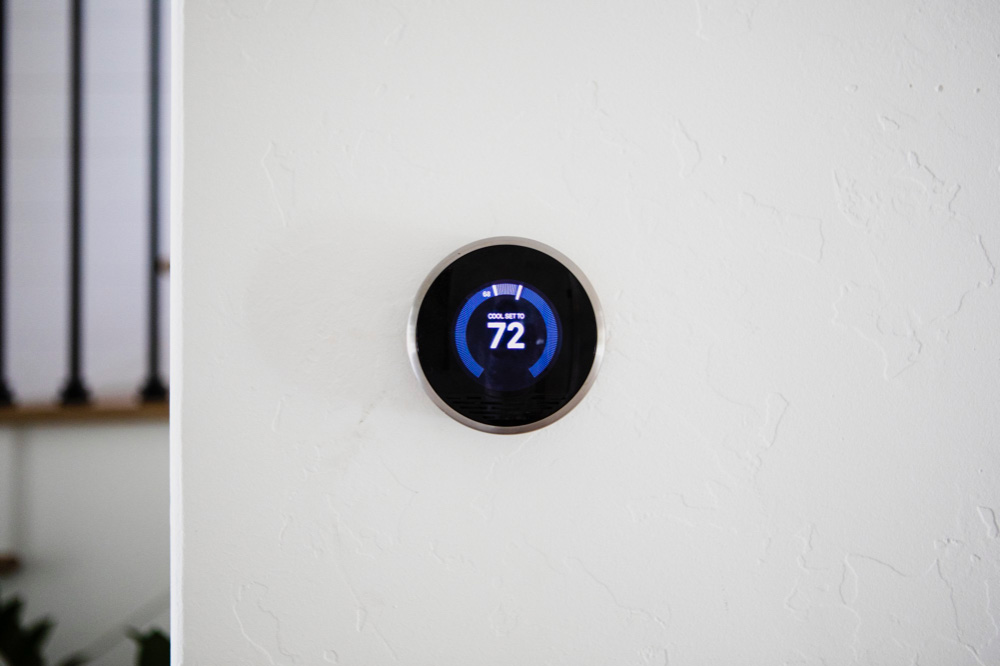
Smart thermostats are an innovative solution for controlling your home’s temperature efficiently. These devices learn your daily schedule and adjust settings automatically, ensuring that you only use energy when needed. By programming your thermostat to lower temperatures during the night or when no one is home, you can avoid unnecessary energy usage. Many models are compatible with mobile devices, allowing you to monitor and adjust settings remotely.
According to Energy Star, using a smart thermostat can save homeowners about $180 per year on energy costs. Some models even provide insights into your energy consumption patterns, helping you make informed decisions. While there might be an initial investment, the money saved can be significant, making it a worthwhile addition to any home. Understanding how to utilize these features effectively can lead to increased comfort and lower bills.
Regular HVAC Maintenance
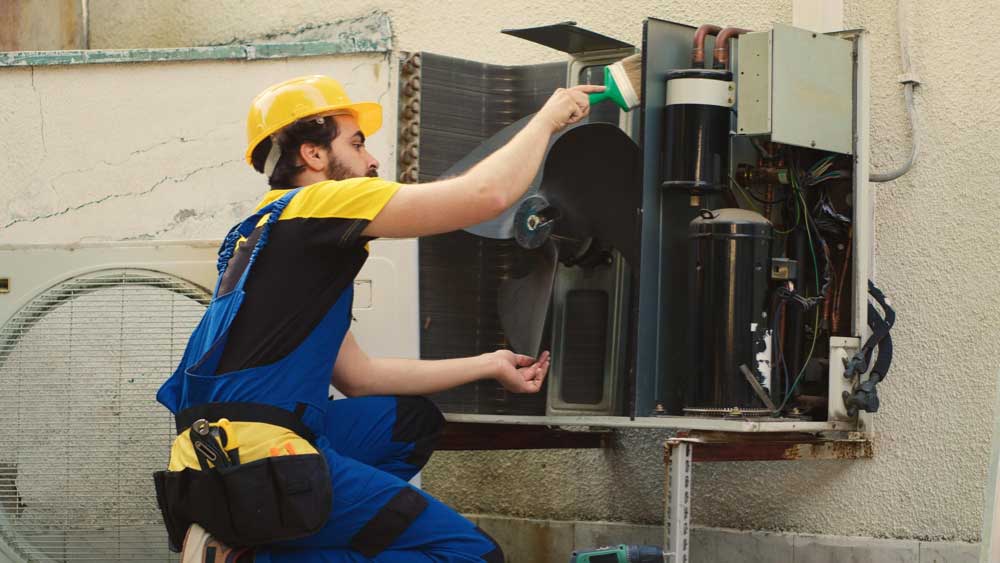
Keeping your heating, ventilation, and air conditioning (HVAC) system in peak condition is vital for energy efficiency. Regular maintenance extends the lifespan of your system and prevents costly repairs down the line. Schedule annual inspections to ensure that your heating and cooling systems operate efficiently. Clogged filters can hinder airflow, forcing your HVAC system to work harder and consume more energy. Following HVAC maintenance tips helps in keeping your system clean and operational. Ensure that ducts are sealed properly to prevent air leaks.
Check and clean exhaust fans and vents to promote better airflow. An efficient system will maintain desired temperatures without excessive energy usage. Don’t overlook the importance of professional expertise when needed, as it can diagnose potential problems early.
Consider Alternative Heating and Cooling Solutions
Exploring alternative systems for heating and cooling can significantly enhance energy efficiency. The use of ceiling fans can help maintain comfort throughout the year. During summer, fans can circulate cool air, allowing you to set your thermostat at a higher temperature. In winter, reversing the fan direction can push warm air down, creating an even temperature.
By carefully positioning windows to maximise sunshine, you might think about putting passive solar heating into practice. Cross-breeze natural ventilation methods can assist maintain a comfortable temperature in your house without using a lot of air conditioning. Many homeowners are discovering the benefits of geothermal heating, which uses the Earth’s temperature to help regulate home climate. These systems can be more energy-efficient in the long run despite the initial setup costs.
Use Energy-Efficient Appliances
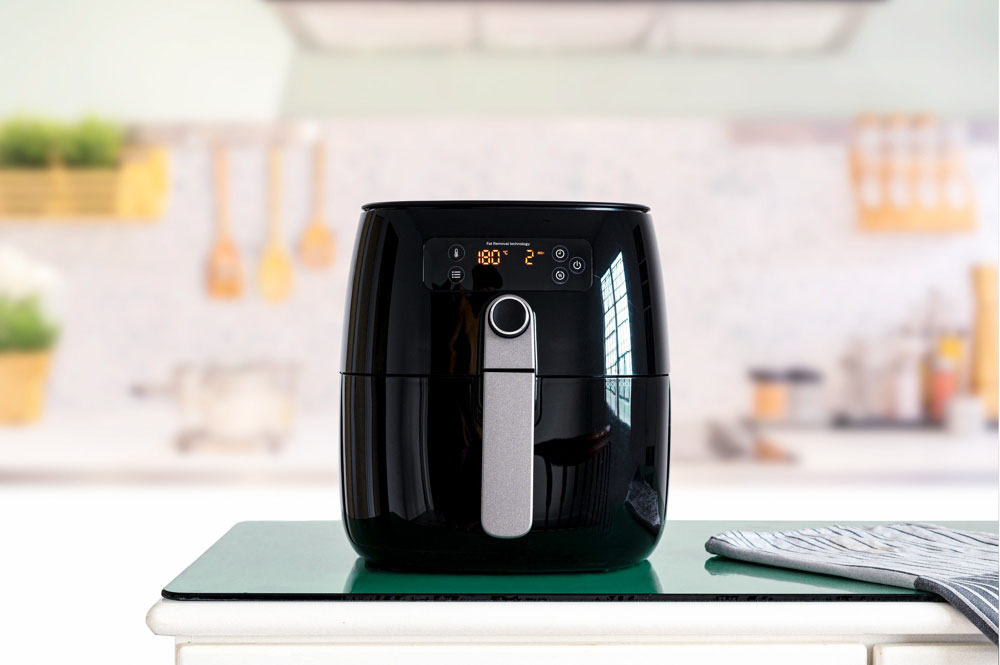
Investing in energy-efficient appliances can lead to substantial long-term savings. Look for products labeled with the Energy Star rating, indicating that they meet high energy efficiency standards. These appliances generally consume less electricity and water compared to standard models. An energy-efficient refrigerator uses up to 50% less energy than older models.
Likewise, energy-efficient washing machines can save on water costs and electricity. Not only do these appliances save money, but they often function better and improve home comfort as well. Consider replacing aging appliances that are detrimental to your energy efficiency. While it may require a larger upfront investment, the savings in energy bills can accumulate quickly, making it a financially sound decision.
Implement Smart Home Technology
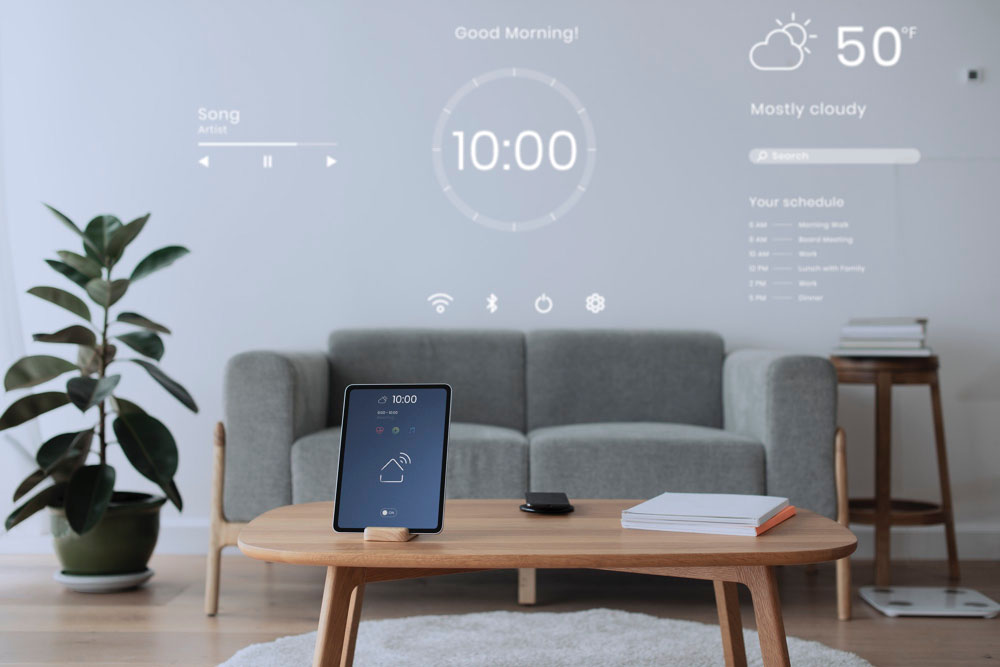
Beyond smart thermostats, the concept of smart home technology encompasses a range of devices aimed at enhancing efficiency. Smart home systems allow you to control lighting, heating, and appliances through a centralized app or device. Automating your lights to turn off when not in use or changing the temperature based on your location can yield noticeable energy savings. Integration of smart plugs can help monitor energy usage and turn off devices remotely.
One of the significant benefits of smart home technology is its capability to adapt to your lifestyle and preferences. Users often report a more comfortable home experience as a result of tailored settings. Many systems provide energy consumption reports, facilitating informed changes in habits that can lead to reduced bills.
Practice Energy-Conscious Living
At the individual level, simple lifestyle changes can contribute to more energy-efficient living. Consider adjusting your clothing based on the season to regulate personal comfort rather than relying solely on heating or cooling systems. In the winter, wearing extra layers can allow you to lower the thermostat. In summer, wearing lighter fabrics can help combat the heat. Unplug devices when not in use, as many electronics draw power even in standby mode.
Consider turning off lights when leaving a room and utilizing natural daylight whenever possible. By being more mindful of daily habits, you can help curb energy use without sacrificing comfort. Engaging your family and educating them on energy-saving practices can instill a sense of responsibility towards reducing energy consumption in your home.
Creating a more comfortable home environment that cuts down on energy costs is achievable through various strategies. Understanding insulation’s role, investing in smart technologies, and committing to regular maintenance create a solid foundation for energy efficiency. Exploring alternative heating and cooling solutions alongside energy-efficient appliances can maximize savings. Finally, practicing energy-conscious living encourages a collective effort towards efficiency. By implementing these changes, homeowners can enjoy the dual benefits of a comfortable living space and reduced energy expenses.
Also Read: Short vs Long Term Storage Which is Right for You
FAQs: Home Energy Efficiency
1. What is home energy efficiency?
Home energy efficiency refers to using less energy to maintain comfort, reduce utility bills, and minimize environmental impact.
2. How can insulation help reduce energy costs?
Proper insulation keeps heat in during winter and out during summer, reducing the need for excessive heating or cooling.
3. Are smart thermostats worth the investment?
Yes. Smart thermostats learn your schedule, optimize energy use, and can save around $180 annually on energy bills.
4. What appliances should I replace first to improve efficiency?
Focus on older refrigerators, washing machines, and HVAC systems-new energy-efficient models use far less power.
5. What are some simple ways to save energy daily?
Turn off unused lights, unplug idle devices, use natural light, and dress appropriately for the season to reduce heating or cooling needs.























